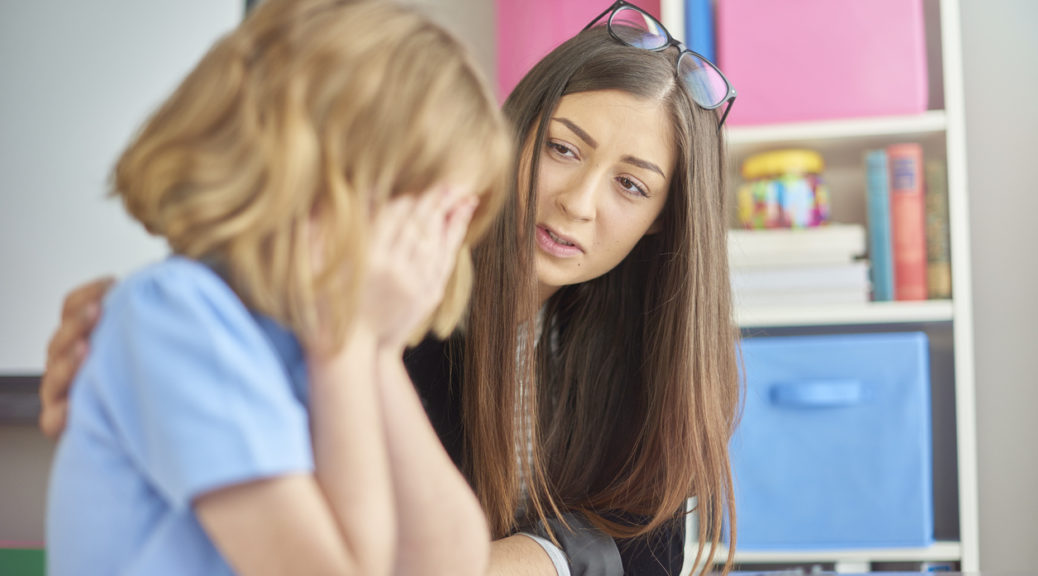Exploring the Causes of Childhood Bullying and How to Prevent It

More than one out of four children have reported being bullied at some point. Bullying can occur anywhere, most frequently in schools and online. Whether your child has experienced bullying or you’re concerned your child might be an aggressor, understanding the root causes of bullying can be an effective way to to prevent it altogether.
What Is a Bully?
A bully is someone who acts aggressively towards others with the intent to cause harm or distress. Youth engaging in bullying behavior can arise from a variety of motives.
5 Reasons Children Bully
Motives for a child to engage in bullying can be the result of several factors. Some of these can include:
- Lack of attention: Youth sometimes use bullying as a way to gain attention from others when they aren’t receiving the attention they need at home.
- An urge to control their environment: When confronted with pressure to be popular at school, some children will act out in the classroom to attract attention and gain the approval of their peers.
- Seeing others bully: Children who see bullying around can sometimes mimic this behavior and become aggressors themselves.
- Mistreatment by Siblings: If a child is experiencing bullying from a sibling, this could affect the way they treat those around them.
- Misunderstanding differences in others: When coming into contact with a peer who is different from them in some way, some youth engage in bullying behavior due to a lack of understanding differences in backgrounds, cultures and other identity markers.
3 Ways You Can Prevent Bullying Before It Occurs
It’s possible for bullying to be prevented before an event occurs. If you are a parent or caregiver, it can be difficult to be aware of your child’s behavior at all times. For that reason, here are some actions you can make a regular habit in your household:
- Make sure your child is receiving the attention they need: Children who bully oftentimes have issues with low self-esteem. Providing encouraging attention to your child will build confidence and reduce the “need” for your child to bully others.
- Educate your child on different backgrounds, cultures and identities: Exposing your child to different ways of life can help them better understand the diverse world we live in and will make them less likely to lash out against those who are different than them.
- Participate in anti-bullying campaigns: Stand for the Silent and Stomp Out Bullying are two organizations out of many that teach youth what bullying is and the destructive effects it can have on others.
 How to Stop Bullying in the Moment
How to Stop Bullying in the Moment
If you are witnessing youth engaged in bullying, here are six actions you can take right away:
-
- Intervene immediately, and consider getting the assistance of another adult.
- Separate the youth involved.
- Ask to make sure everyone is safe.
- Identify any medical or mental health needs.
- Reassure the youth involved and any bystanders that everything is OK.
- Compassionately demonstrate what respectful behavior should look like.
If you’re concerned your child is being bullied or may be bullying others, there are several places you can turn to if you need additional help managing the situation. This free download, Quick Assessment: Does My Child or Teen Need Professional Help?, will provide you with 10 questions that will help you decide if your child would benefit from counseling or therapy.
